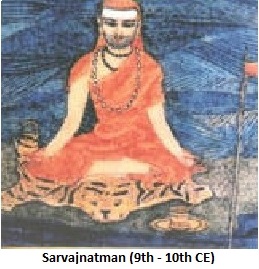NDM: When you say: “Who and what for does one set these standards? Are the standards not highly contextual, local, artificial and subjective? Does qualifying anything – vAsanA-s or actions – based on such purely judgmental aspects have any holiness? A society’s imposition of rules and regulations, howsoever high may be the value and whatsoever may be the morality and nobility, does not have Absoluteness. They may have a societal sanction but lack intrinsic Sanctity. Who to say right or wrong or good or bad? Things just exist. Nothing is positive or negative until a ‘thought’ interferes.”
But what about dharma? The natural laws of the universe or God as some would call it. Some vAsanA-s violate dharma, others do not. Such as a vAsanA for smoking cigarettes like Nisargadatta had, is an unhealthy vAsanA but it’s only going to injure his lungs at most. Someone like the American guru Adi Da had extreme vAsanA-s such as having sexual relationships with his students, physically and psychologically exploiting and abusing them. How does dharma play into this equation?
Ramesam Vemuri: ‘Dharma’ to me in the context of Advaita is synonymous to brahman, undefinable, ungraspable. The Sanskrit word for the “Natural Laws of the Universe or God” is ‘niyati.’ Thus these two words are not the same for me. Continue reading



